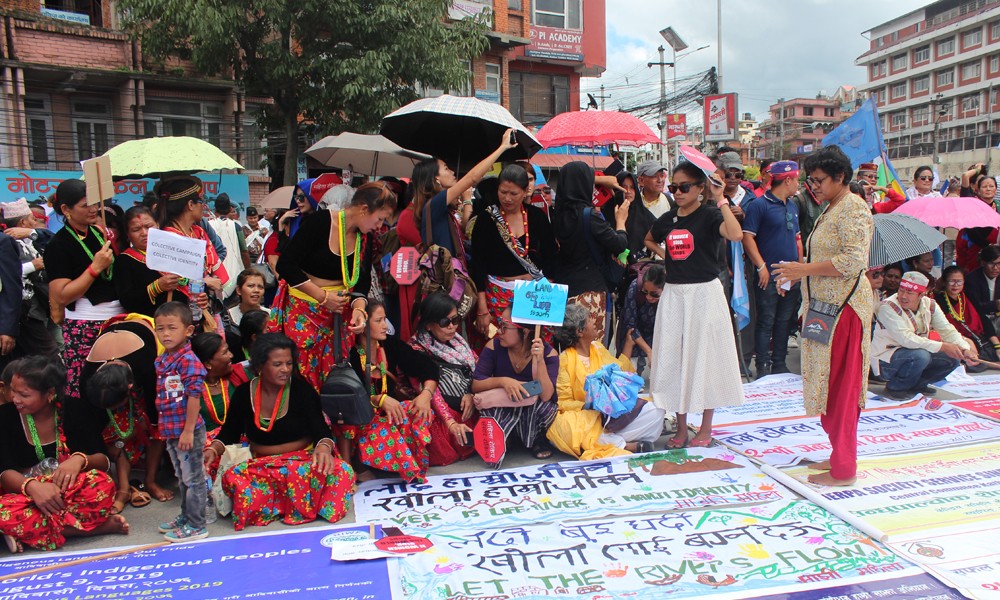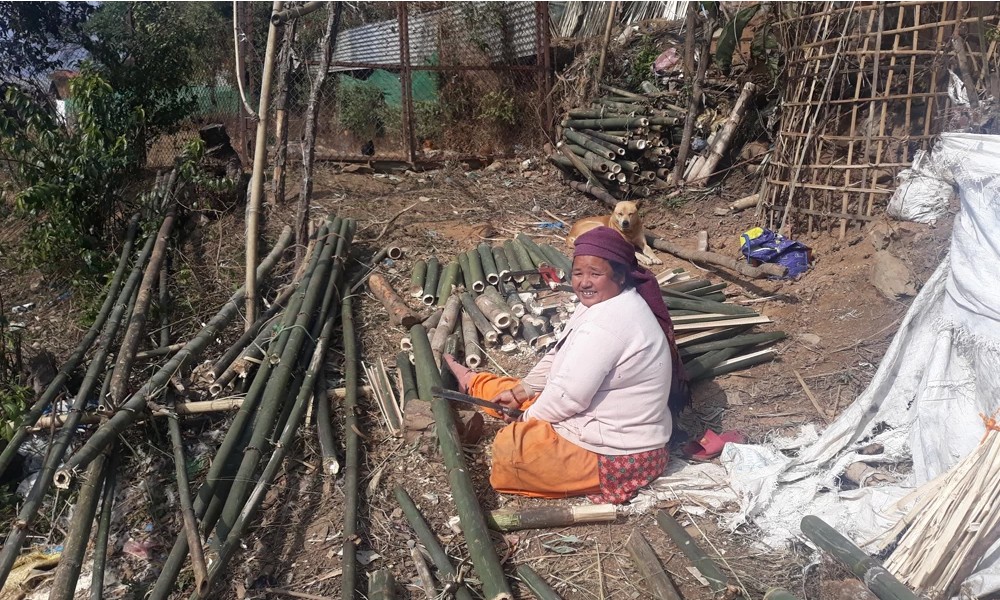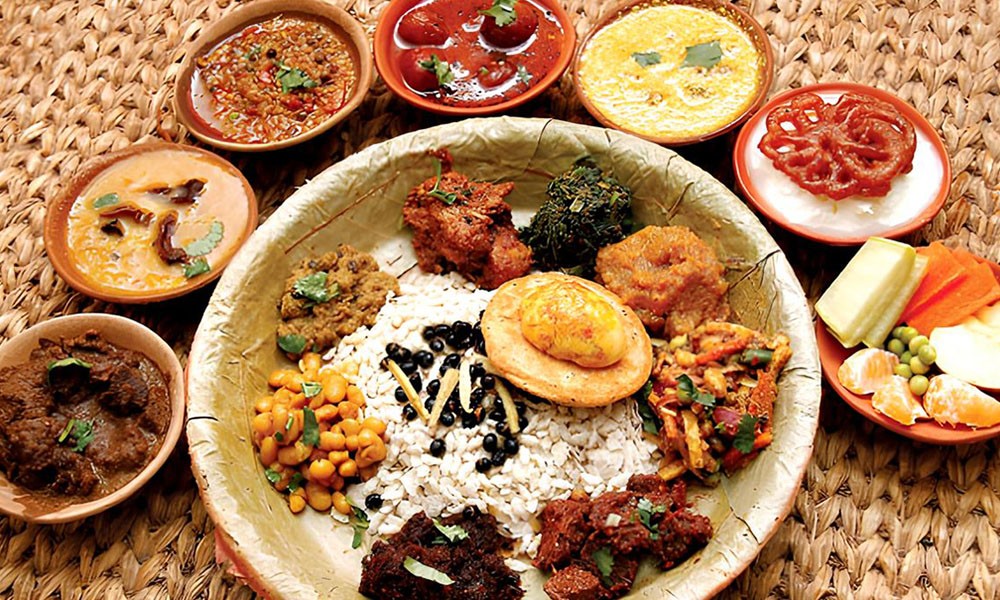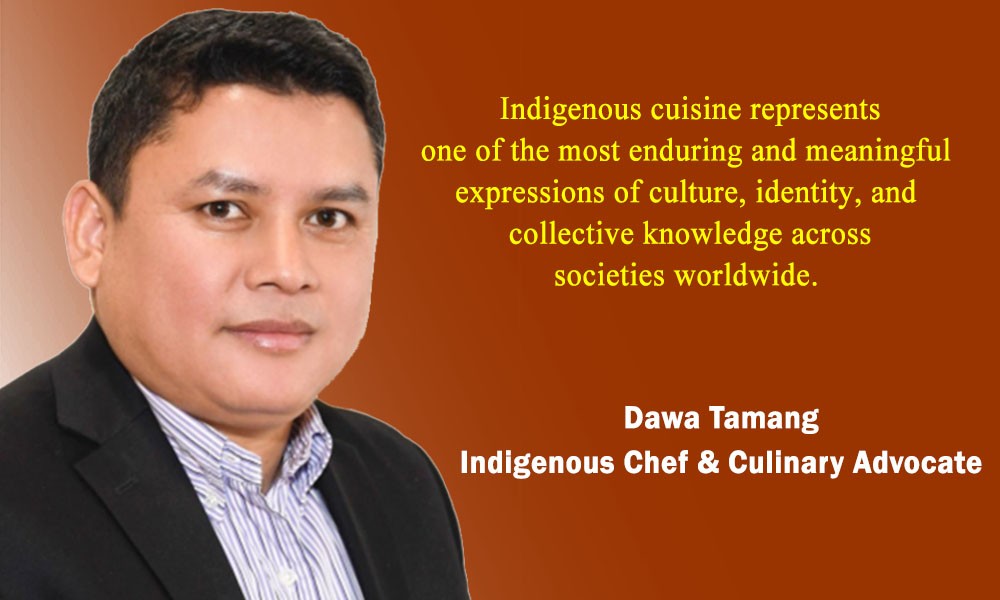Highlighting the role of Indigenous women in preserving and transmitting traditional indigenous knowledge a group of UN experts urged states to take affirmative action to guarantee their full public and political participation.
Francisco Cali Tzay, UN Special Rapporteur on the Rights of Indigenous Peoples, Binota Moy Dhamai, Chairperson of Expert Mechanism on the Rights of Indigenous Peoples (EMRIP) and Marjolaine Etienne, Chairperson of UN Voluntary Fund for Indigenous Peoples (UNVFIP) issued a joint statement on the occasion of the International Day of the World’s Indigenous Peoples, 2022 and urged states to take affirmative measures to guarantee equal and full public and political participation of indigenous women, including by establishing and strengthening institutions for indigenous women in leadership roles.
Indigenous women are knowledge holders of traditional food systems, medicines, natural resource managements, climate change adaptation, because of their relationship with the land and natural environment.
“Indigenous women are knowledge holders of traditional food systems, medicines, natural resource managements, climate change adaptation, because of their relationship with the land and natural environment. Similarly, they are the champions of indigenous languages and culture,” reads the statement, further adding, “Indigenous women are disproportionately impacted by the ecological, economic and spiritual effects of extractive industries on their lands. Their knowledge is devalued when the natural resources they steward are exploited without their free, prior and informed consent. Loss of access to and ownership of lands deprives them of their community roles and occupations and threatens their ability to maintain and transmit their scientific and technical knowledge.”
The statement also further calls upon states “to ensure effective legal protection of indigenous women’s rights to lands, territory and resources and promote the meaningful participation of indigenous women in the management and regulation of their lands and resources. This must include their participation in consultation processes on administrative and legislative issues as well projects that may impact indigenous lands, territory and resources, with the aim of obtaining their free, prior and informed consent.”
Similarly, circulating a message on this International Day, UN Secretary General, António Guterres urged member states "to implement UN Declaration on the Rights of Indigenous Peoples (UNDRIP) and promote indigenous traditional knowledge for the benefit of all."
UN Secretary General, António Guterres urged member states "to implement UN Declaration on the Rights of Indigenous Peoples (UNDRIP) and promote indigenous traditional knowledge for the benefit of all."
“Indigenous traditional knowledge can offer solutions to many of our common challenges,” says UN chief Guterres further stressing, “on my recent visit to Suriname, I learned first-hand how Indigenous peoples are protecting their rainforest and its rich biodiversity.”
According to him, to build and equitable and sustainable future that leaves no one behind, we must amplify the voices of Indigenous women.










